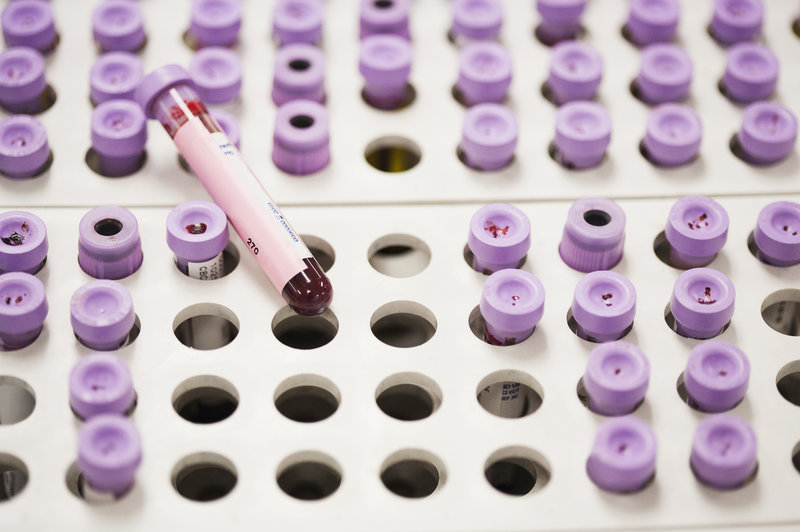You Can’t Hide Your Age From New Blood Test
Traveling carnivals are not as popular today as they once were, but many of those carnivals had someone who would try to guess your age. They usually studied the person’s face, looking for wrinkles and lines around the eyes and mouth. They would also look at other facial characteristics including the length of the earlobes (they tend to grow throughout one’s life) and even listening carefully to the person’s voice. If the carny was close enough to the person’s real age they won, but if they were off enough, the person would win a stuffed animal or toy.
I recall going to one such carnival when I was 18. I was accompanied by my older brother who was 4 years older than I was. I paid the carny several tickets for him to guess my age and after calling my older brother my baby brother and the fact that I looked older than he did he made his guess. The carny missed and I walked away with a cheap stuffed animal which I later gave to my little sister.
My brother and I used to go drinking together and I would always refer to him as my baby brother when we were carded for our age, and my brother would always show his ID first. In several years, only one bartender ever really looked at my ID and refused to serve me.
These days, I have another job where I am on the phone a lot and so many that I talk to believe that I am in my 40s or early 50s when in reality I’m in my late 60s. Many others try to pass for older or younger for whatever reason.
Guessing someone’s age is largely subjective and based on visual or audio assumptions. When police find someone who is dead from various reasons, they, and the coroner, often estimate the age based on physical characteristics.
But what if a blood test could be used to determine a person’s real age? According to a new report, that just may be possible:
…a team of Stanford University School of Medicine scientists doesn’t need to know how you look to guess your age. Instead, it watches a kind of physiological clock: the levels of 373 proteins circulating in your blood. If the clock is off, you don’t win a plush toy. But you may find out important things about your health.
“We’ve known for a long time that measuring certain proteins in the blood can give you information about a person’s health status — lipoproteins for cardiovascular health, for example,” said Tony Wyss-Coray, PhD, professor of neurology and neurological sciences, the D. H. Chen Professor II and co-director of the Stanford Alzheimer’s Disease Research Center. “But it hasn’t been appreciated that so many different proteins’ levels — roughly a third of all the ones we looked at — change markedly with advancing age.”
Changes in the levels of numerous proteins that migrate from the body’s tissues into circulating blood not only characterize, but quite possibly cause, the phenomenon of aging, Wyss-Coray said.
They tested the blood of 4,263 people, ranging in age from 18-95 and looked at over 3,000 proteins found in the blood plasma. They found that 1,379 of these proteins that varied with the age of the person. Researchers then narrowed that group down to 373 key proteins that seemed to be the best age indicators.
One thing the researchers also discovered is that the change in blood proteins is not a steady progressive process but it happens in spurts, with levels of certain proteins peaking higher at ages 34, 60 and 78.
Just think, that no matter how much plastic surgery or makeup one has, their blood will give their age away to anyone testing it. Not only does this blood test put carnies to shame, it will also be a valuable tool for forensic scientists and coroners.








Recent Comments